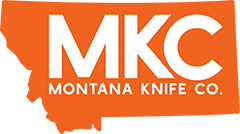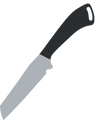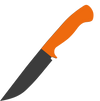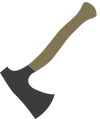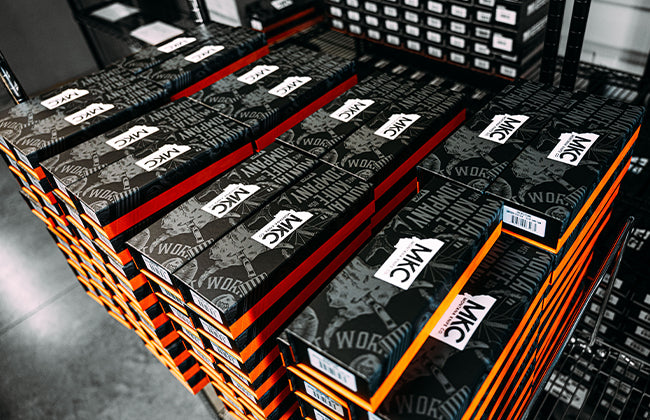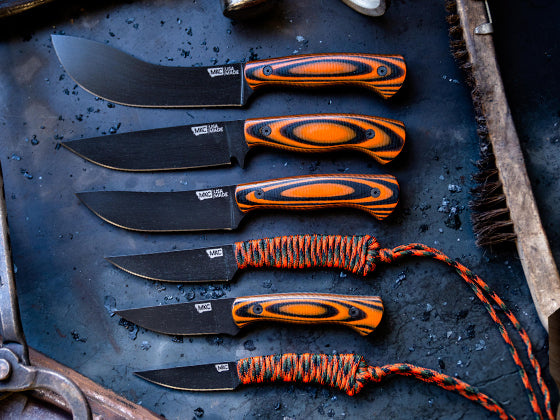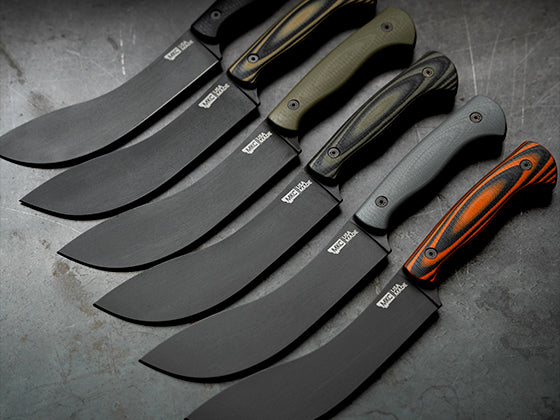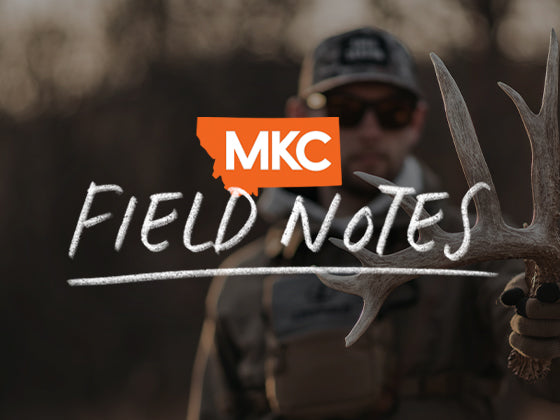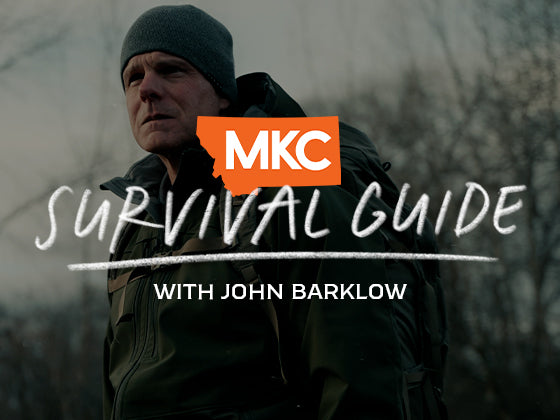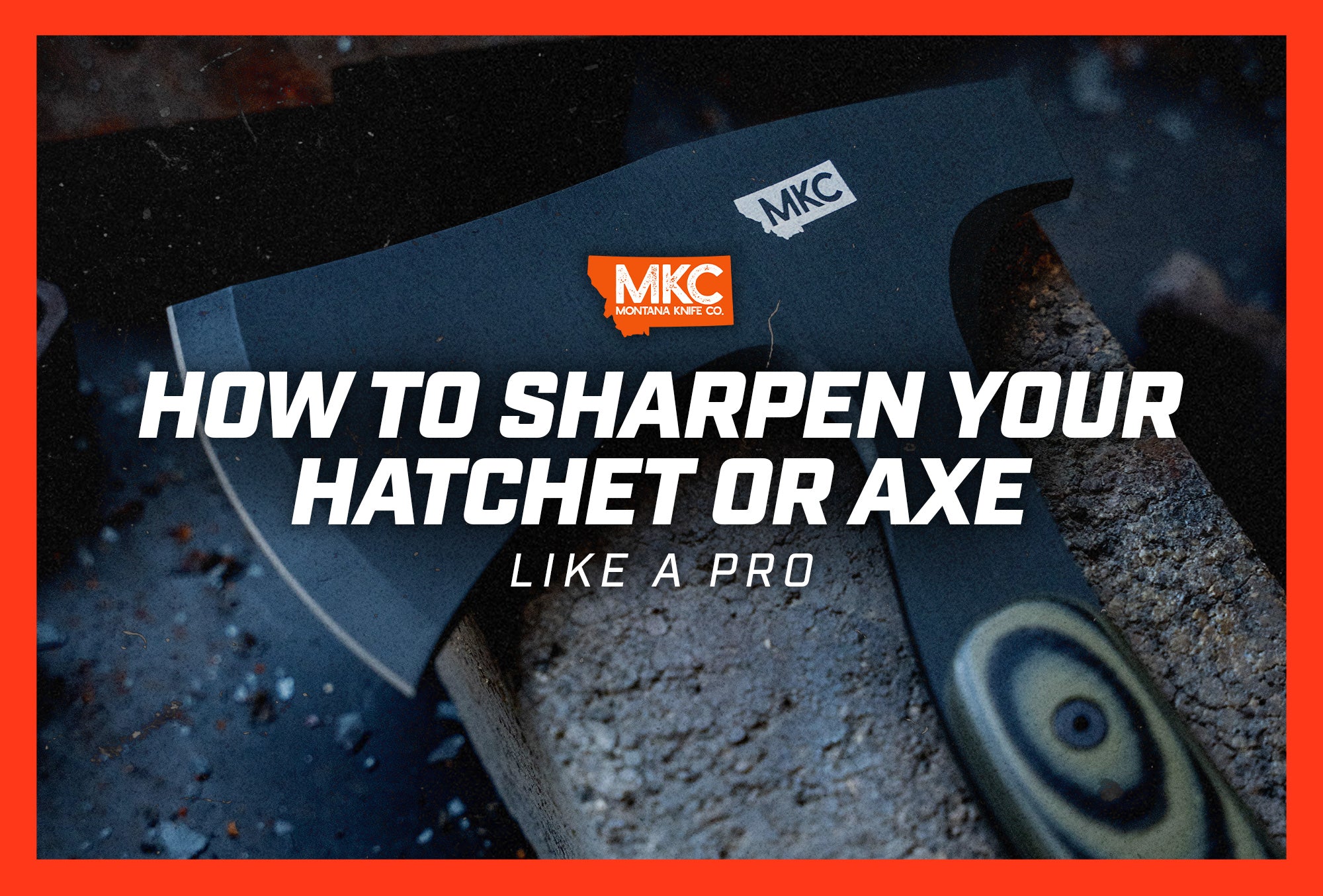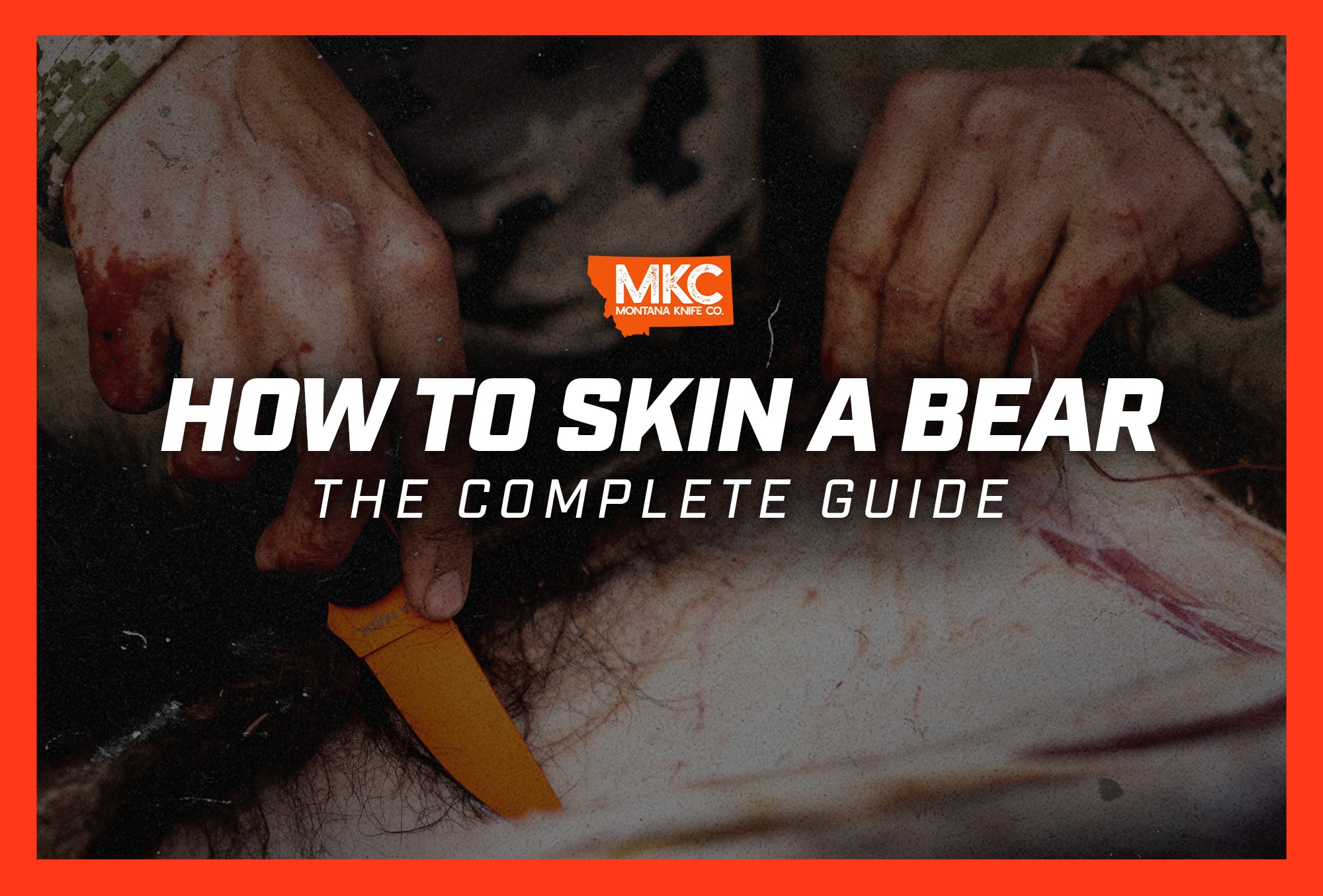As hunters, we have an active role to play in wildlife conservation efforts. It’s our responsibility to help protect and propagate the species we not only hunt but also benefit from the conservation of.
After all, the hunter’s goals are very much the same as the greater goals of wildlife conservation: to protect critical habitats and conditions that keep all animal populations strong and healthy.
So, what exactly is the hunter’s role in wildlife conservation?
What Is the Hunter’s Role in Wildlife Conservation?
At Montana Knife Company, we see hunters worldwide stepping up. They put their time, money, and voices toward protecting wildlife for the next generation.
That happens again and again throughout history. Hunters make sure legislation passes. They fund nonprofits and converse with the government.
Of course, the role of the hunter can vary from region to region. Governments are different, and socio-political interactions are different. That’s not a bad thing — different ecosystems need different solutions. Here’s an example.
The BC Grizzly Bear Moratorium
A complete moratorium on grizzly bear hunting was enacted in British Columbia in late 2017. BC’s hunters have been questioning that moratorium ever since.
Hunting is more than just killing an animal. It’s tradition, it’s community, it’s population management, it’s recreation, it’s getting outside, and to many, it’s putting food on the table. In an age where being outside, breathing in the fresh air, and soaking up sunlight are more important than ever, there’s a lot to be said about hunting.
I believe in the scientific method. It’s always important to protect species when accurate data says they need it. However, it’s also the hunter’s duty to help decide when and how to bridge the gap between hunting and conservation.
For example, the Auditor General of BC performed an independent audit suggesting BC’s lottery-based hunting system — which only grants a few hundred licenses per year — does not negatively impact the BC grizzly population. Rather, it states that habitat destruction is a much larger threat to the species.

Why We Must Protect the Hunt for Future Generations
We can’t answer the question, “What is the hunter’s role in wildlife conservation?” without also answering the question, “What happens if hunters don’t participate in wildlife conservation?”
It’s hard to say exactly what might happen if we give up on conservation. But imagine if wildlife, especially big game, existed only in national parks and protected ranges. That’s one possible scenario.
Wildlife directly indicates an environment’s health. It’s easy to blame hunting for changes in wildlife populations, but more often than not, myriad factors are at play. And while it’s impossible for us to totally stop interacting with the environment, there are things we can do to lessen our impact.
Unfortunately, it’s too easy for people to rally behind one cause or one issue, like too much resource extraction or too many grizzly bears being hunted. We need to think about the bigger picture to protect the hunt for future generations.
Let’s consider declining caribou populations. True, too much hunting could be a cause. Too many predators, like wolves, could also be a factor. But populations might also be declining due to new highways crossing their winter range, too much logging of their native habitat, or not enough snowpack in the greater watershed.
In all likelihood, the answer is a combination of many factors, and mitigating those factors is the answer to preserving our ecosystems (and the future of hunting). I’m no expert, but I do know that any interaction with wildlife is not in isolation.
How to Get Involved in Conservation
Now that we’ve answered the question, “What is the hunter’s role in wildlife conservation?” a new question arises: How do we get more involved in conservation? How can hunters make their voices heard in a constructive way?
We’re all busy people. No one wants to be told how to spend their money or their time, especially if they don’t have much to offer. Fortunately, there are infinite ways to help, and there’s surely one out there that fits your schedule and lifestyle.
Some ideas include:
- Volunteering for nonprofits and projects such as wildlife research, surveys, fundraisers, etc.
- Working for or with companies that share your values
- Patronizing individuals or organizations that support conservation efforts
- Getting involved in local and non-local communities
- Spreading the news about conservation efforts that don’t get enough press
- Checking your local university for research and conservation efforts
- Reading and speaking to other knowledgeable people about the current status of species in your area

Final Thoughts and Resources
If you’re an avid camper, you’ve probably heard the saying, “Leave your campsite better than you found it.” The hunter’s role in wildlife conservation is similar: to leave the ecosystem healthier than he or she found it, even after the kill.
After all, an unhealthy environment creates an unhealthy animal, which makes for bad hunting. Furthermore, an unhealthy animal is less likely to reproduce — and that calls future generations of hunters into question.
If you’re not sure where or how to get started with conservation, get involved with something, whether that’s a large nonprofit or a small, local meet. Do as much or as little as your time and resources allow.
Need some ideas? Feel free to start here.
Rocky Mountain Elk Foundation — Missoula, MT
- Conserves elk habitats
- Well-established, mid-sized organization
- Offers educational programs and events
National Wild Turkey Federation — Edgefield, SC
- Conserves wild turkey habitats
- Well-established, mid-sized organization
- Offers educational resources and events
Theodore Roosevelt Conservation Partnership — Washington, DC
- Conserves fish, wildlife, and other habitats
- Smaller organization, not as well-known
- Resources for hunters and anglers
Ducks Unlimited — Memphis, TN
- Conserves wildfowl habitats
- Large, well-established organization
- Offers educational programs and events
National Rifle Association — Fairfax, VA
- Advocates for gun rights and hunting interests
- Large, well-established organization
- Offers educational resources for both hunters and recreational shooters
Quality Deer Management Association — Bogart, GA
- Improves deer populations and habitat management
- Small, well-respected organization
- Offers educational resources and programs for hunters
Trout Unlimited — Arlington, VA
- Conserves trout and salmon populations and their habitats
- Well-established, mid-sized organization
- Offers educational programs and events
Pheasants Forever — St. Paul, MN
- Conserves pheasant and quail habitats
- Well-established, mid-sized organization
- Offers educational programs and events
by Adam Foss, Photographer, Filmmaker, Bowhunter, and Conservation Advocate
